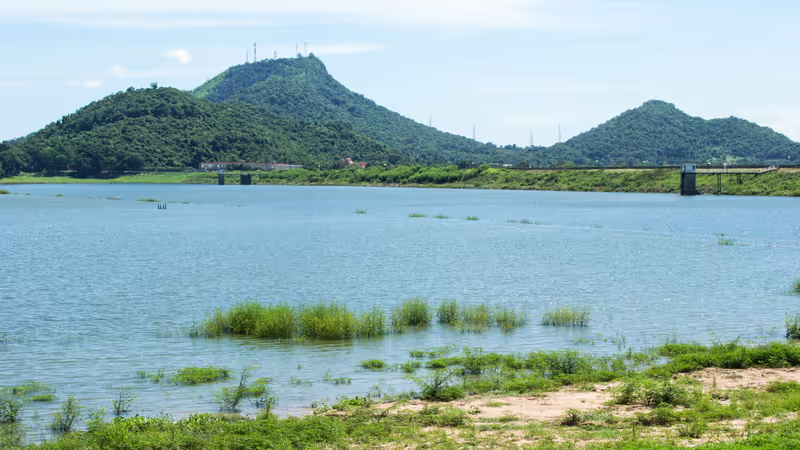| Student: | S.M. Njuki (Sammy Muchiri) |
|---|---|
| Timeline: | July 2016 - 14 July 2020 |
Water is an extremely complex resource to manage. Its multiple uses within the public and private sectors coupled with deficiencies in institutional and regulatory policies often lead to overexploitation and conflicts. In addition, globalization leads to exogenous pressures on water resources. The response to these exogenous pressures is often not linear and has a negative impact on water security and ecosystem balance. All these effects hamper economic valuation of water consequently complicating efforts towards it’s sustainable management.
Increase in population and consequently urbanization, has exacerbated the challenge of developing and managing water resources sustainably. According to a report by UN Water, world population is expected to hit the figure of 9.1 billion by the year 2050. Population exerts pressure on water resources through domestic, industrial, energy and to a large extent agricultural water demand. These demands are competing in nature and increase with increase in population.

The water management challenge is considered a food production problem. Agriculture consumes 70% of the total water abstractions in the world. Increase in population is anticipated to lead to a 60% increase in food demand by the year 2050. On the hand, the per capita availability of freshwater is projected to drop by 50% by the year 2025. Agriculture will consume 30-40% more freshwater than it currently uses by the year 2050. As such, monitoring of water use and productivity within the agricultural sector is key to sustainable management of water resources.

This research will focus on using multisource satellite datasets together with weather forecast model datasets to come up with information on agricultural water productivity in near real time. Energy balance modelling and data assimilation approaches will be utilized to arrive at high spatial resolution evapotranspiration and crop biomass estimates. These will then be used to provide information on agricultural water productivity in near real time. The study area will be in the Naivasha basin, Kenya, a basin currently experiencing fierce competition for its scarce water resources from human induced water demands.




